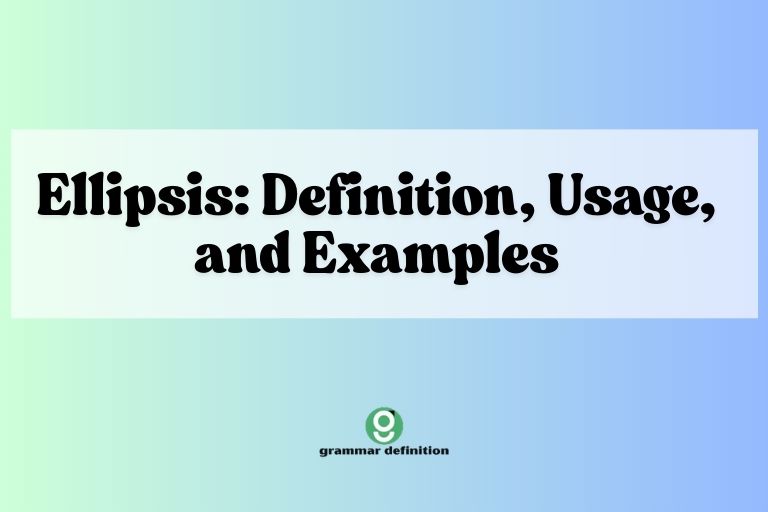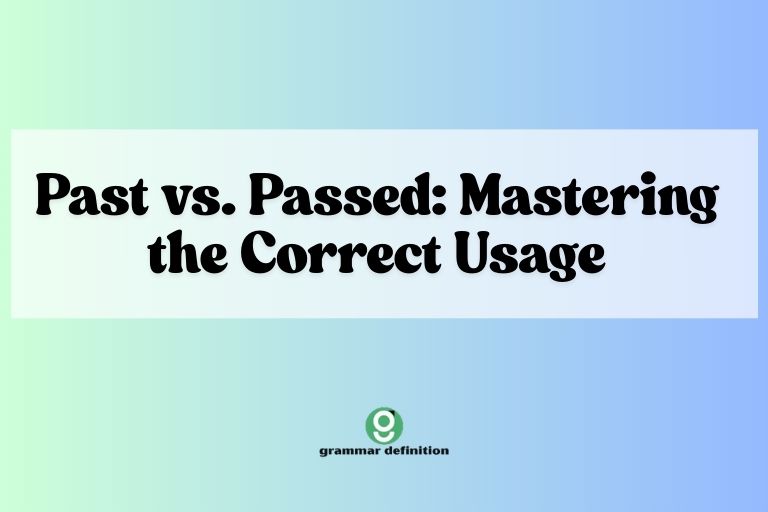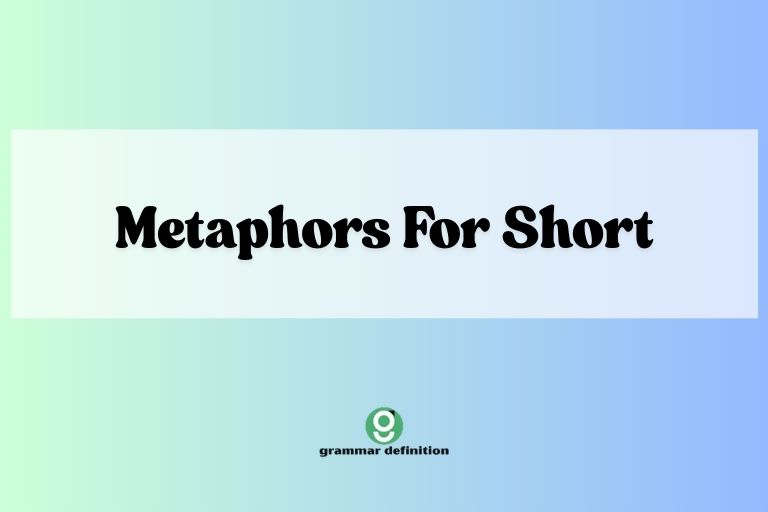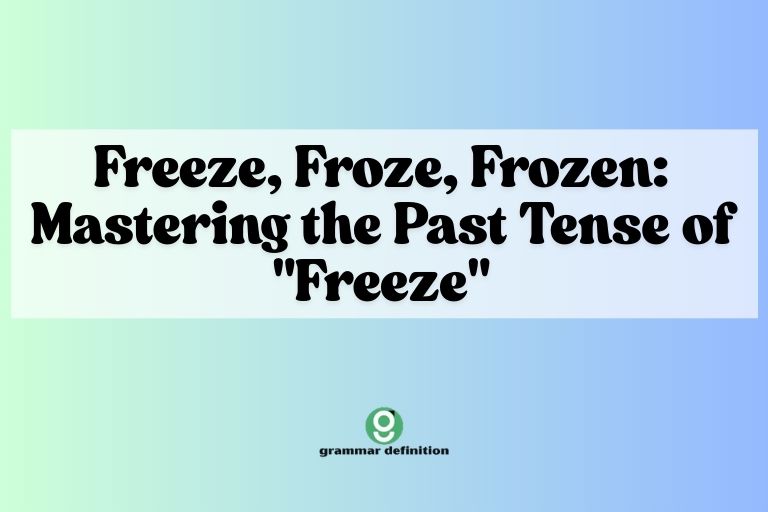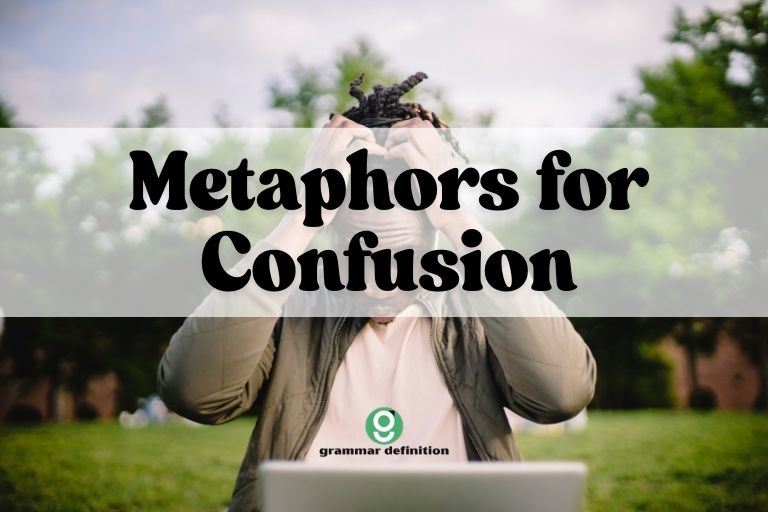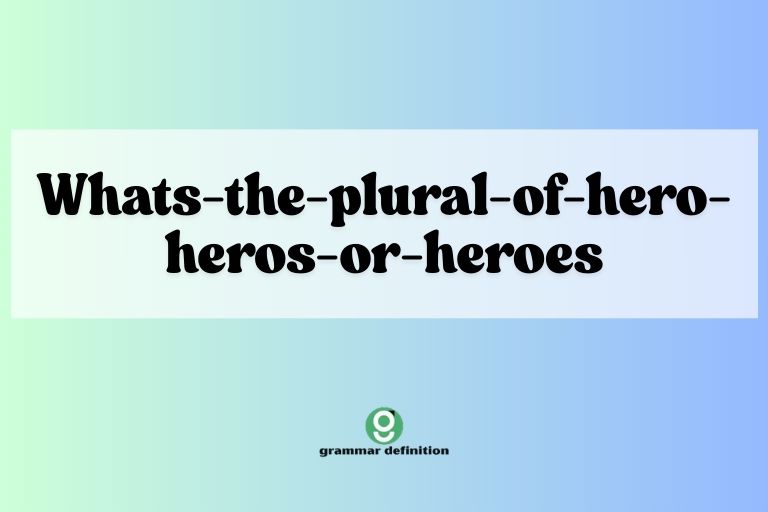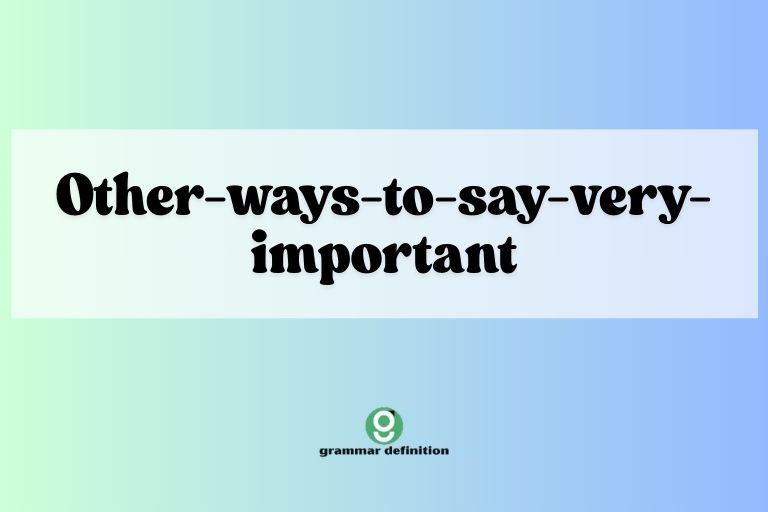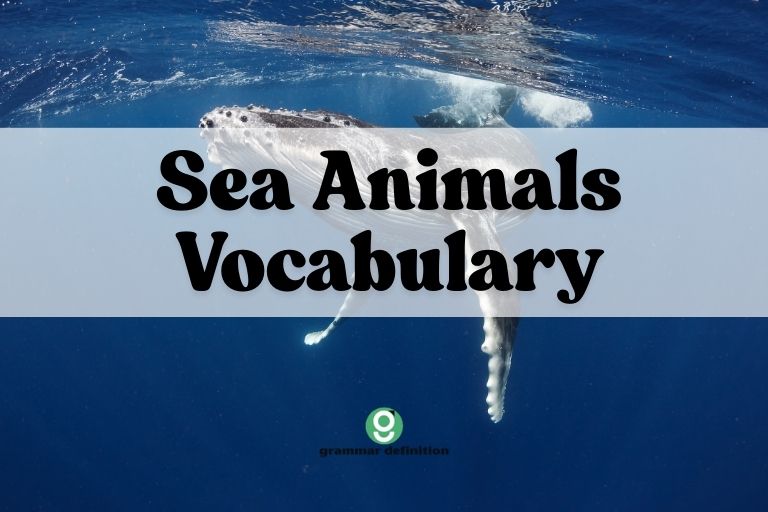Similes for Ugly: Enhancing Descriptive Language
Similes are powerful tools in the English language that allow us to create vivid and impactful descriptions by comparing one thing to another. When describing someone or something as “ugly,” similes can add depth, humor, or even a touch of artistry to our writing. Understanding how to effectively use similes for “ugly” not only enriches…



